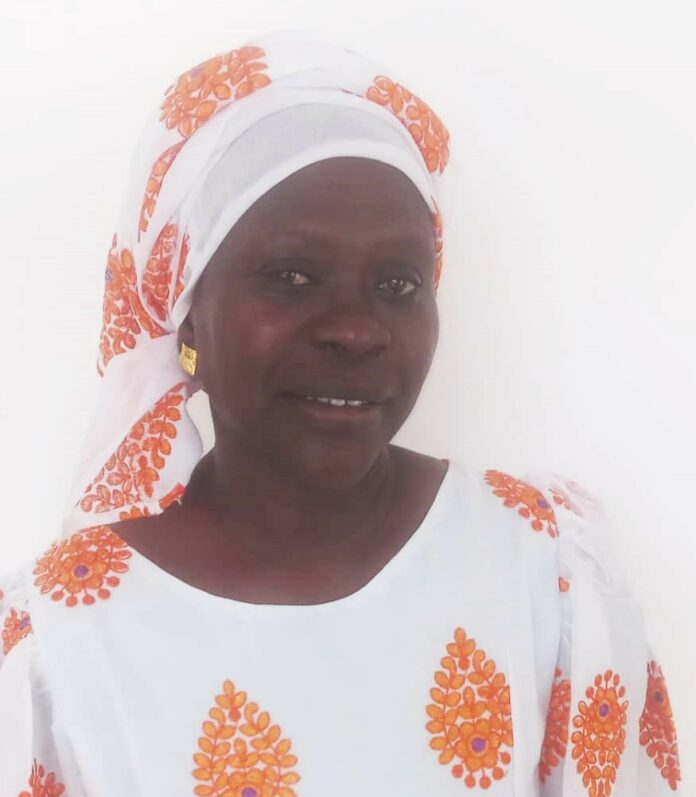By: Alieu Jallow
Tabou Njie Sarr, a human rights activist and advocate, says FGM/C is a health hazard to women due to its dire consequences. She lamented that most of the girls who undergo cutting are exposed to infections and a reduction in their self-esteem. She cited that the person performing the cutting often lacks knowledge of where to cut, resulting in many girls being heavily mutilated and developing fistulas due to ruptured organs.
“Infertility is also associated with FGM, and some women, because the girl child grows into a woman and has to enter into marriage, may face complications leading to infertility,” she added.
Madam Sarr noted that although the practice is often termed as cultural and traditional, which she acknowledges as deserving respect, cultures with such dire consequences should be abandoned in favor of those that promote the advancement of women and girls.
“Anything that hinders their progress and development, both physically and mentally, should be advocated to be banned. Today, we are advocating even more for this law to remain and criminalize the practice because it not only deters anyone from participating but also saves the lives of girls,” she stressed.
During the heated debate among parliamentarians, some called for the practice to be sanitized. Madam Sarr vehemently opposed this idea, citing complacency among Gambians. She equally emphasized that the WHO and other international agencies are against the practice, terming it a violation of human rights.
“Remember, there is no justification for cutting a piece of flesh. Even if it’s sanitized, can we adhere to a standard procedure? As for me, I believe the ban should remain,” she asserted.
She called for restraint and dialogue in the interest of women to maintain the ban, highlighting the study conducted before the initiation of the law. She noted that the law is progressive as it has garnered praise locally and internationally, especially concerning women’s rights.
“There is no need for us to debate this; instead, there is a need for education on the dire consequences of FGM/C,” she outlined.
When asked about the possibility of parliament repealing the law, Madam Sarr lamented that they would resort to litigation, emphasizing that The Gambia is a signatory to the Convention on the Elimination of All Forms of Discrimination against Women, the African Charter on Human and Peoples’ Rights of Women, and the Women’s Act of 2015, tools they would use in their legal pursuit.




